People worldwide are now familiar with homeopathy. More and more people are also now exploring the world of homeopathic medicine alternatives, even though it has been present for many years. It is still a daunting world, when you walk into the aisle of a shop that is dedicated to homeopathy there is just far too much choice and it is rather intimidating.
However, regardless of that, there are more people each year trying homeopathic remedies rather than traditional modern medicines. Homeopathy can be used for just about any pain, illness, disease and it can even be used prior to having pain for example before you go to the dentist. It really is imperative to mend any receding gums as soon as both you and your dentist are alert to the dilemma. Obviously, if you just leave them then you will face more issues later on. The main causes to having receding gums are gingivitis and periodontal disease.
Symptoms of Receding Gums
It is very important to see your dentist as soon as you think you are suffering from receding gums so as to prevent the next stage of periodontal diseases. The most common symptoms are bleeding and sensitivity of the gums especially when brushing and/or flossing. Sometimes people just simply don’t see or notice the sign of receding gums and if it is left it does not mean the end of the world. Your dentist will help you with a plan to follow to get rid of those bacteria. After that point, you can look into the homeopathic approach to protect and defend against this condition.
The use of Homeopathic Remedies
A general rule to follow is always to consult your doctor before trying any new homeopathic medicine. It is especially important to see the doctor first for children and/or pregnant women. Homeopathic remedies can be found in the form of a tablet, capsule, and even in the form of liquid by using an eye drop under the tongue. When you are taking homeopathic remedies it is advisable to take them around fifteen minutes prior to eating a meal.
There are many different homeopathic remedies that cover the same symptoms so it may be a trial and error case for a while, so it is important to monitor for one week and determine whether or not there are results.
Homeopathic Therapeutic Agents
Ammonium carbonica is good for people that have pain when chewing. Apis mellifica is used for swollen gums and red, sore tongues and throats. Arsenicum album is used for gums that bleed easily. Calcarea fluorica is good for loose teeth coupled with a toothache when chewing.
- Homeopathy is the second largest system of medicine in today's world recognized by the World Health Organization.
- Belladonna is useful for toothache, early dental abscess, and bruxism as well as in cases of postextraction, for example, dry socket.
- Natrum muriaticum drug is used in cases that occur due to cold sores and fever blisters, lips and corners of mouth dry and cracked lips.
- Antimonium crudum, Aconitum napellus, Aranea diadema, Calcarea carbonica, and Chamomilla are useful for a toothache.
- Arsenicum album is useful for unhealthy, bleeding gums, for diseases involving pulp and periapical region.
- Aconite can be used for panic, fright, and general mental and physical restlessness or sudden violent attacks, trigeminal neuralgia.
- Calcarea phosphorica is useful when mouth cannot be opened without pain.
- Phosphorous is the drug of choice for conditions related to salivation as well as to control the postsurgical bleeding.
- For aphthous ulcers, candidiasis, and oral lichen planus, borax can be given. Calcarea carbonica is used for a delayed eruption. Kreosotum is used for the decay of milk teeth.


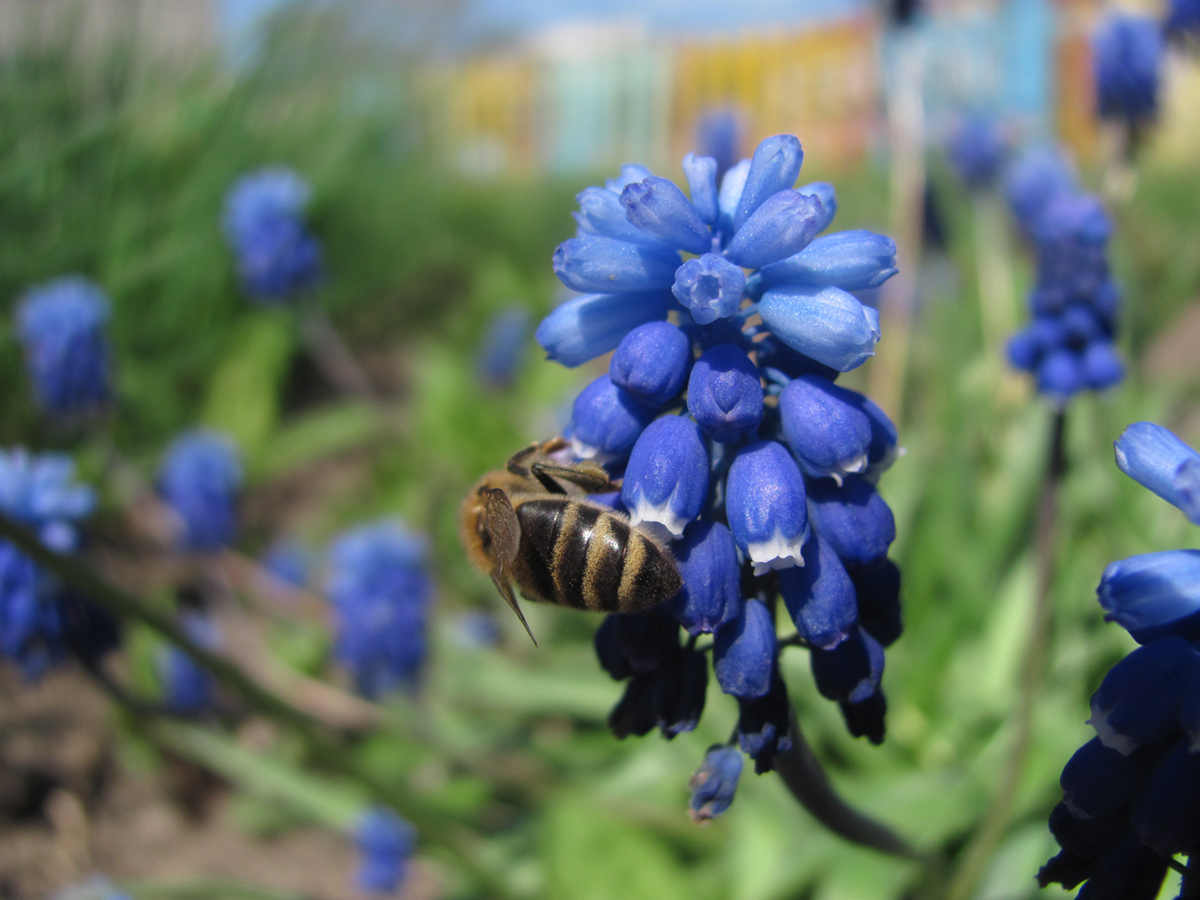
,-Don't-Ignore-Receding-Gums_f_280x120.jpg)

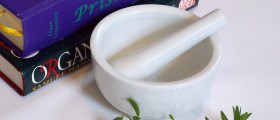
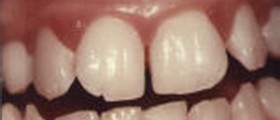

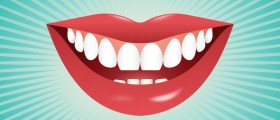
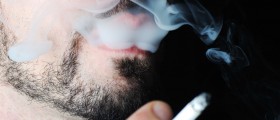
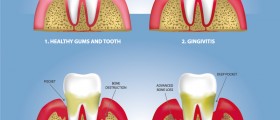
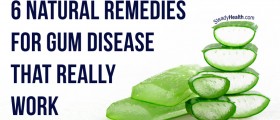
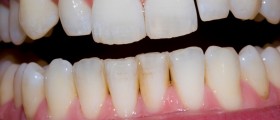
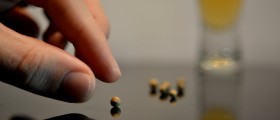
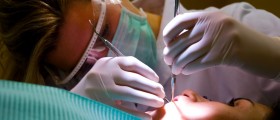
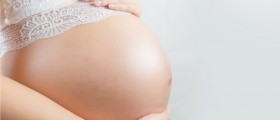
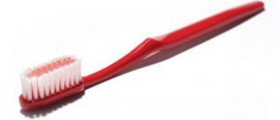
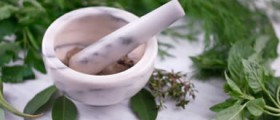
Your thoughts on this
Loading...